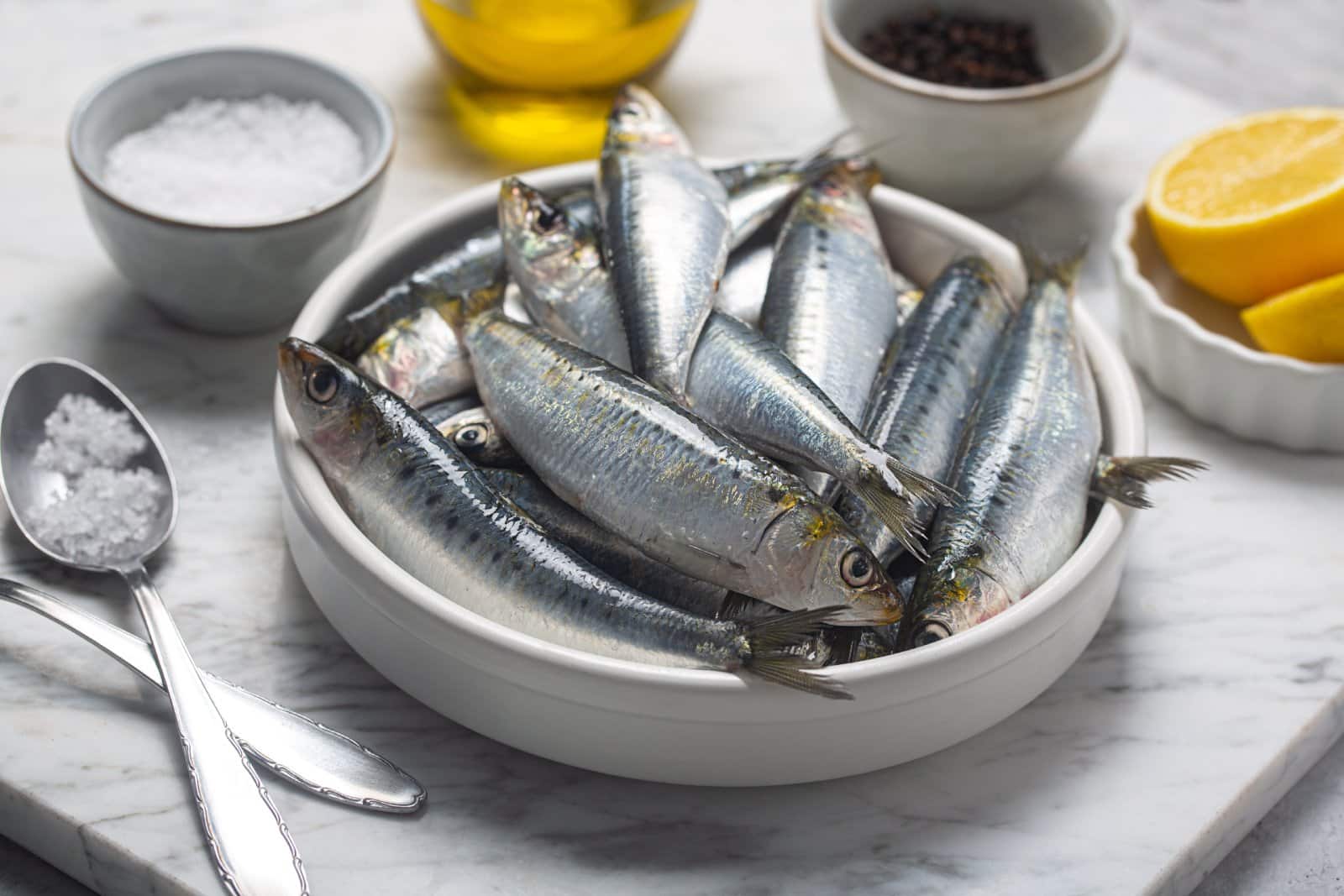Parents, are you looking for ways to naturally support your child’s ADHD management? The right diet can play a significant role in improving focus, reducing hyperactivity, and stabilizing mood. Here’s a look at the best foods to incorporate into your child’s diet to help manage ADHD symptoms effectively.
1. Omega-3 Fatty Acids

Omega-3 fatty acids are crucial for brain health and cognitive function. Studies published in Neuropsychopharmacology have shown that children with ADHD often have lower levels of omega-3s, and supplementation can help reduce symptoms. Include sources like salmon, flaxseeds, and walnuts in their diet.
2. Lean Protein

Protein helps produce neurotransmitters that regulate mood and behavior. A study from the Journal of Psychiatric Research found that high-protein diets can improve attention and focus in children with ADHD. Opt for lean proteins such as chicken, turkey, eggs, and beans.
3. Complex Carbohydrates

Complex carbohydrates provide steady energy levels without the spikes caused by simple sugars. The American Journal of Clinical Nutrition reports that complex carbs can help stabilize blood sugar and reduce hyperactivity. Include whole grains, oats, and brown rice in meals.
4. Fresh Vegetables

Vegetables are packed with essential nutrients and fiber, which support overall health and digestion. Research in the Journal of Attention Disorders indicates that diets rich in vegetables can improve cognitive performance and reduce ADHD symptoms. Ensure a variety of colorful veggies like spinach, carrots, and bell peppers are on the plate.
5. Berries

Berries are rich in antioxidants, which help protect the brain from oxidative stress. A study in Frontiers in Aging Neuroscience suggests that the antioxidants in berries can improve brain function and reduce inflammation. Add blueberries, strawberries, and raspberries to snacks and breakfasts.
6. Nuts and Seeds

Nuts and seeds provide healthy fats, protein, and fiber. According to the Journal of Nutrition and Behavior, these nutrients can help improve brain function and stabilize mood. Include almonds, chia seeds, and pumpkin seeds as part of a balanced diet.
7. Fermented Foods

Fermented foods support gut health, which is closely linked to brain health. Research published in Nutrition Research Reviews highlights the positive effects of probiotics on mood and cognitive function. Incorporate foods like yogurt, kefir, and sauerkraut.
8. Avocado

Avocado is a rich source of healthy fats and fiber, which are essential for brain health. A study in the Journal of Nutrition shows that the monounsaturated fats in avocados can enhance brain function and improve focus. Include avocado in salads, smoothies, or as a spread.
9. Eggs

Eggs are a great source of protein and contain choline, which is vital for brain development. The Journal of Pediatrics reports that choline can improve cognitive performance and memory. Serve eggs in various ways, such as scrambled, boiled, or in omelets.
10. Dark Chocolate

In moderation, dark chocolate can be beneficial due to its antioxidants and magnesium content. A study in Appetite suggests that dark chocolate can improve mood and cognitive function. Choose dark chocolate with at least 70% cocoa and limit to small portions.
11. Sweet Potatoes

Sweet potatoes are a nutritious source of complex carbohydrates, fiber, and vitamins. The Journal of Nutritional Biochemistry highlights their role in stabilizing blood sugar and supporting brain health. Serve them roasted, mashed, or in soups.
12. Leafy Greens

Leafy greens like kale, spinach, and Swiss chard are packed with vitamins and minerals. Research in Nature Reviews Neuroscience indicates that these nutrients can support cognitive function and reduce ADHD symptoms. Add them to salads, smoothies, or as side dishes.
13. Whole Grains

Whole grains provide steady energy and are rich in fiber and B vitamins. According to the American Journal of Psychiatry, these nutrients can help improve mood and cognitive performance. Include whole grain bread, quinoa, and barley in the diet.
14. Apples

Apples are high in fiber and antioxidants, making them a healthy snack choice. A study in the Journal of Pediatric Health Care found that apples can help stabilize blood sugar and improve focus. Serve apples sliced, as applesauce, or in salads.
15. Lentils

Lentils are a great source of protein, fiber, and iron. The Journal of Nutritional Biochemistry suggests that these nutrients support brain health and cognitive function. Use lentils in soups, stews, or as a side dish.
16. Fish

Fatty fish like salmon, mackerel, and sardines are rich in omega-3 fatty acids. Research in the Journal of Child Psychology and Psychiatry shows that these fats can reduce hyperactivity and improve concentration in children with ADHD. Serve fish grilled, baked, or in salads.
17. Quinoa

Quinoa is a complete protein and provides essential amino acids. The Journal of the American Dietetic Association reports that quinoa can help maintain steady energy levels and improve focus. Use quinoa as a base for salads, bowls, or as a side dish.
18. Bananas

Bananas are rich in potassium and vitamin B6, which support brain health. A study in Nutritional Neuroscience found that bananas can improve mood and cognitive function. Include bananas in smoothies, oatmeal, or as a snack.
Are You Doing Enough?

Ensuring your child with ADHD consumes these nutrient-rich foods can make a significant difference in managing their symptoms. Are you ready to revamp their diet and provide the best support for their cognitive and emotional well-being?
Timeless Taste: 20 Boomer Superfoods That Are Making a Comeback

Discover the forgotten superfoods of the boomer generation! From liver to sardines, these nutritional powerhouses are making a comeback. Join us as we rediscover these classic ingredients and their health benefits. Let’s dive into the world of boomer superfoods together! Timeless Taste: 20 Boomer Superfoods That Are Making a Comeback
21 Everyday Grocery Items That Are Loaded With Chemicals

Grocery shopping can seem like a science experiment, with many products packed with artificial additives instead of nutrients. While convenient and tempting, have you considered what’s really in these items? 21 Everyday Grocery Items That Are Loaded With Chemicals
18 Must-Eat Foods for a Longer Life

In the quest for a longer life, certain foods can make a big difference. From everyday staples to exotic finds, these options span various budgets and might surprise you. Who knew the secret to longevity could be right in your pantry or at the grocery store? 18 Must-Eat Foods for a Longer Life
Featured Image Credit: Shutterstock / New Africa.
For transparency, this content was partly developed with AI assistance and carefully curated by an experienced editor to be informative and ensure accuracy.

